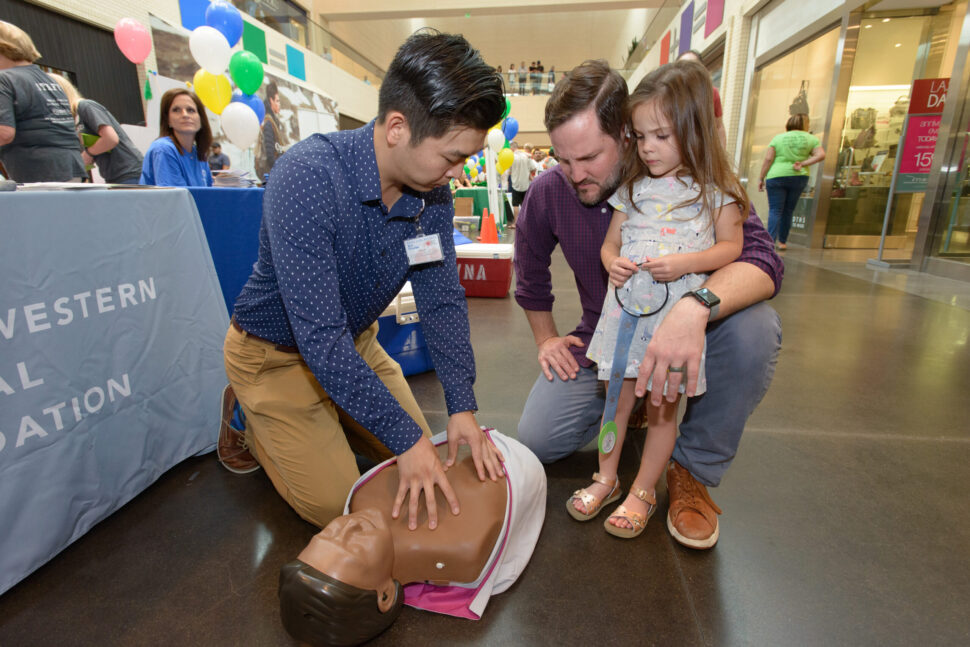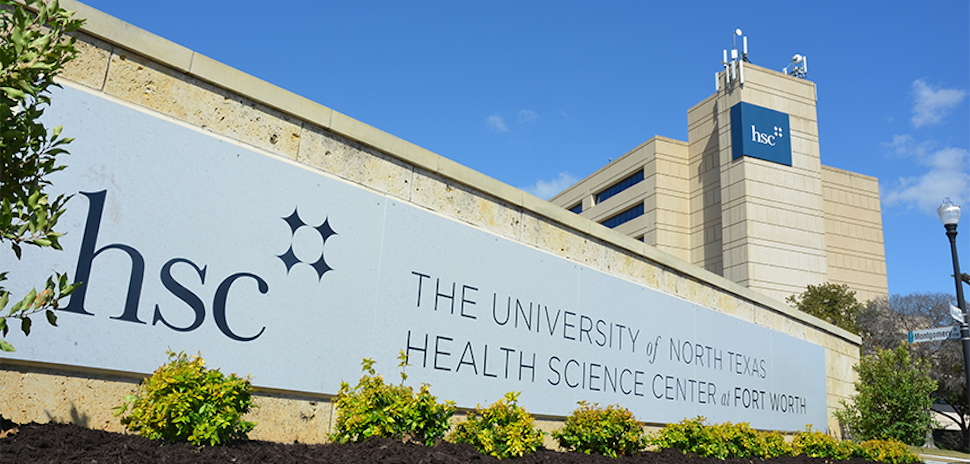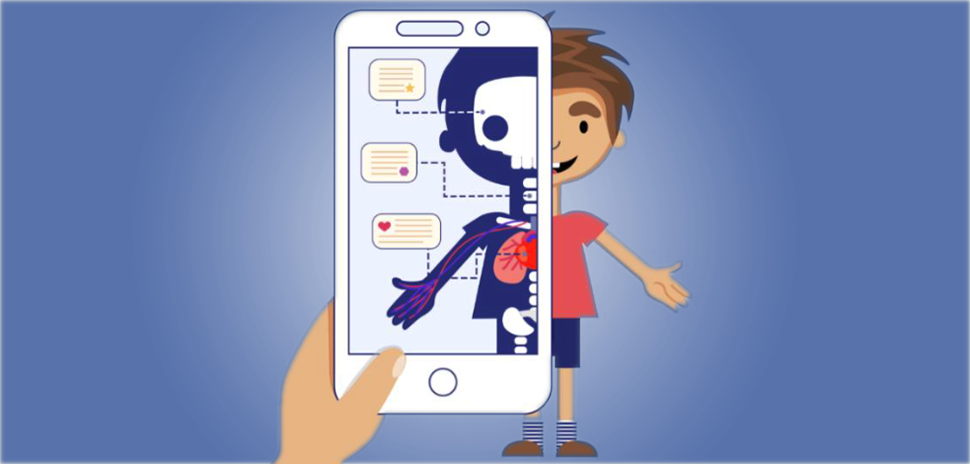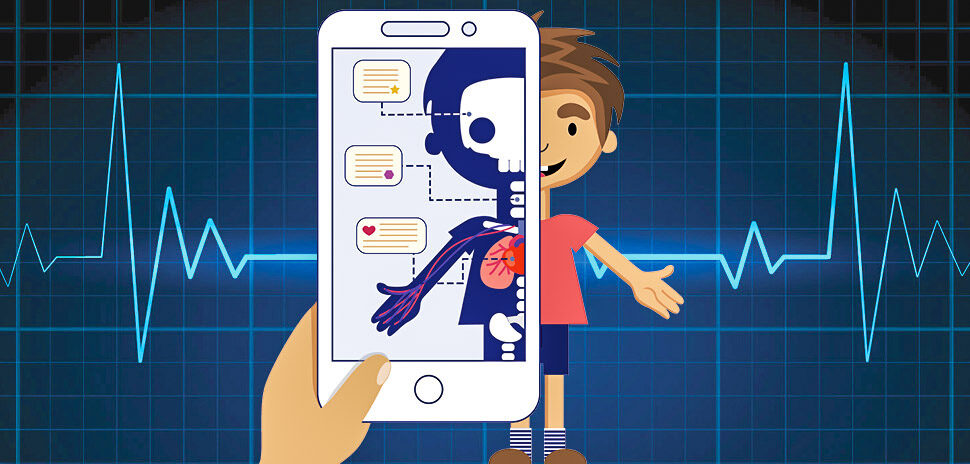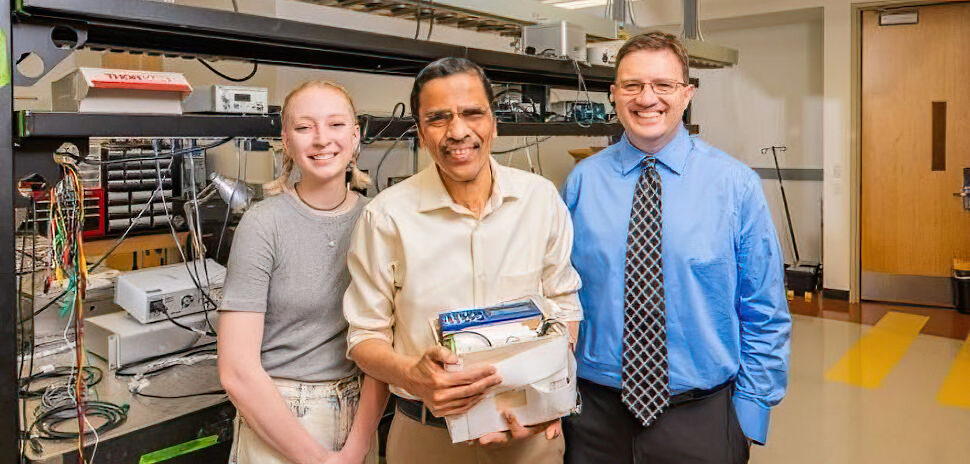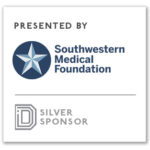 For many Americans, the new year provides a time of reflection. This is a great opportunity not only for self-growth but for our shared well-being as a community.
For many Americans, the new year provides a time of reflection. This is a great opportunity not only for self-growth but for our shared well-being as a community.
As we have traversed the COVID-19 pandemic, the desire to help our community is stronger than ever, and the need for public health resources has never been more evident. Adding to that need, the North Texas community continues to grow – more than 1.3 million new people settled in the greater DFW area in the last decade. These numbers caught the attention of Freakonomics Radio host, Stephen Dubner, who asked the question: why is everyone moving to Dallas? The answer? It can be found in this article from Dallas Innovates. But, whether you’re brand new to the area or you’re a longtime local who’s eager to make a difference, here are three easy ways you can support your community’s health care foundations and charities that go beyond a monetary donation.
1. Stay Informed
The fields of medicine and science are continually evolving. As evident with the COVID-19 pandemic and its global impact on health, it’s more important than ever to keep updated on the latest developments and recommendations. Be sure to source your information from reputable sources and experts in the field, like national news outlets and trusted medical associations. For news that’s more specific to North Texas health and medicine, sign up for our newsletter. Learn more about Southwestern Medical Foundation’s more than 80-year history of supporting public health in our magazine, Perspectives.
2. Share Your Knowledge
Being a public health advocate means dedicating time to educating, organizing, and mobilizing systems of change in public health. In order to scale these efforts, we need to start first by discussing these things with our smaller circles of influence, whether that’s sharing an article on social media or having productive discussions with family members about science-based public health initiatives.
“The thing about public health is, that when it’s really doing its job best, you don’t notice it, because disease has been prevented,” says Richard E. Hoffman, M.D., M.P.H., a renowned epidemiologist and public health expert, member of the Southwestern Medical Foundation Board of Trustees, and UT Southwestern Medical School alumnus. “And we have a nation that’s kind of frayed right now. The ends of our community are frayed. And so a high priority for me is trying to improve the social fabric that joins us together.”
3. Volunteer for a Study
One of the most tangible ways to advocate for public health is by answering the call if you are invited to participate in an epidemiological study. UT Southwestern is among the international health care leaders who stand at the front lines of epidemics and pandemics, fighting to slow the spread of and eradicate diseases. Since the 19th century, the field of epidemiology has maintained a far-reaching impact on society. Researchers at UT Southwestern Medical Center are constantly working to uncover better ways to diagnose, treat, and prevent diseases in our community, including:
- Scientists in cardiovascular epidemiology have designed and implemented the Dallas Heart Study, a multiethnic, population-based study of heart and metabolic diseases. Findings from the study led to the rapid development of two FDA-approved antibodies for treating high cholesterol.
- Research in infectious disease epidemiology has focused on hospital-acquired infections, hepatitis C infection, developing responses to bioterrorist attacks at the local level, understanding epidemics of West Nile encephalitis, and the current battle with COVID-19 and many more infectious diseases.
- Research in neuroepidemiology has concentrated investigation on nervous system problems caused by toxic exposure of more than 100,000 U.S. soldiers returning from the 1991 Gulf War. This research led to establishing a dedicated collaborative Gulf War illness research enterprise at UTSW.
![]()
Get on the list.
Dallas Innovates, every day.
Sign up to keep your eye on what’s new and next in Dallas-Fort Worth, every day.

